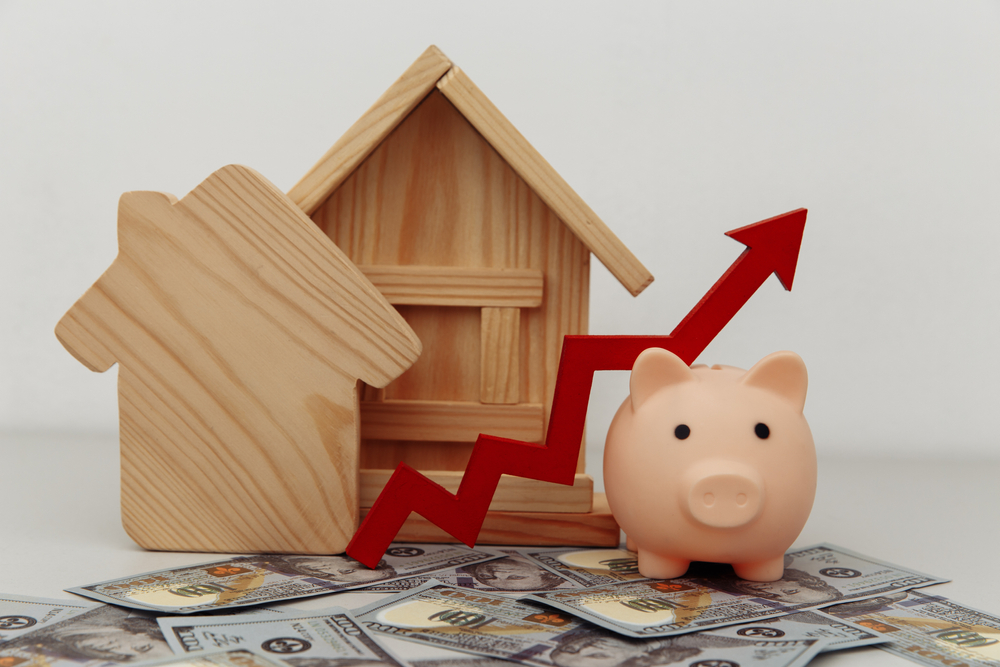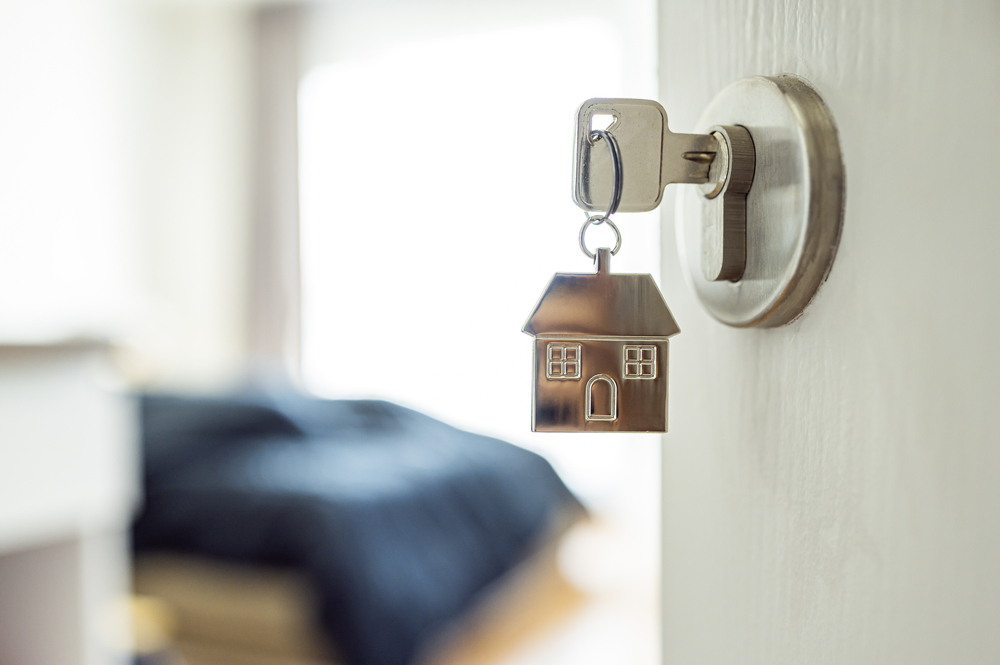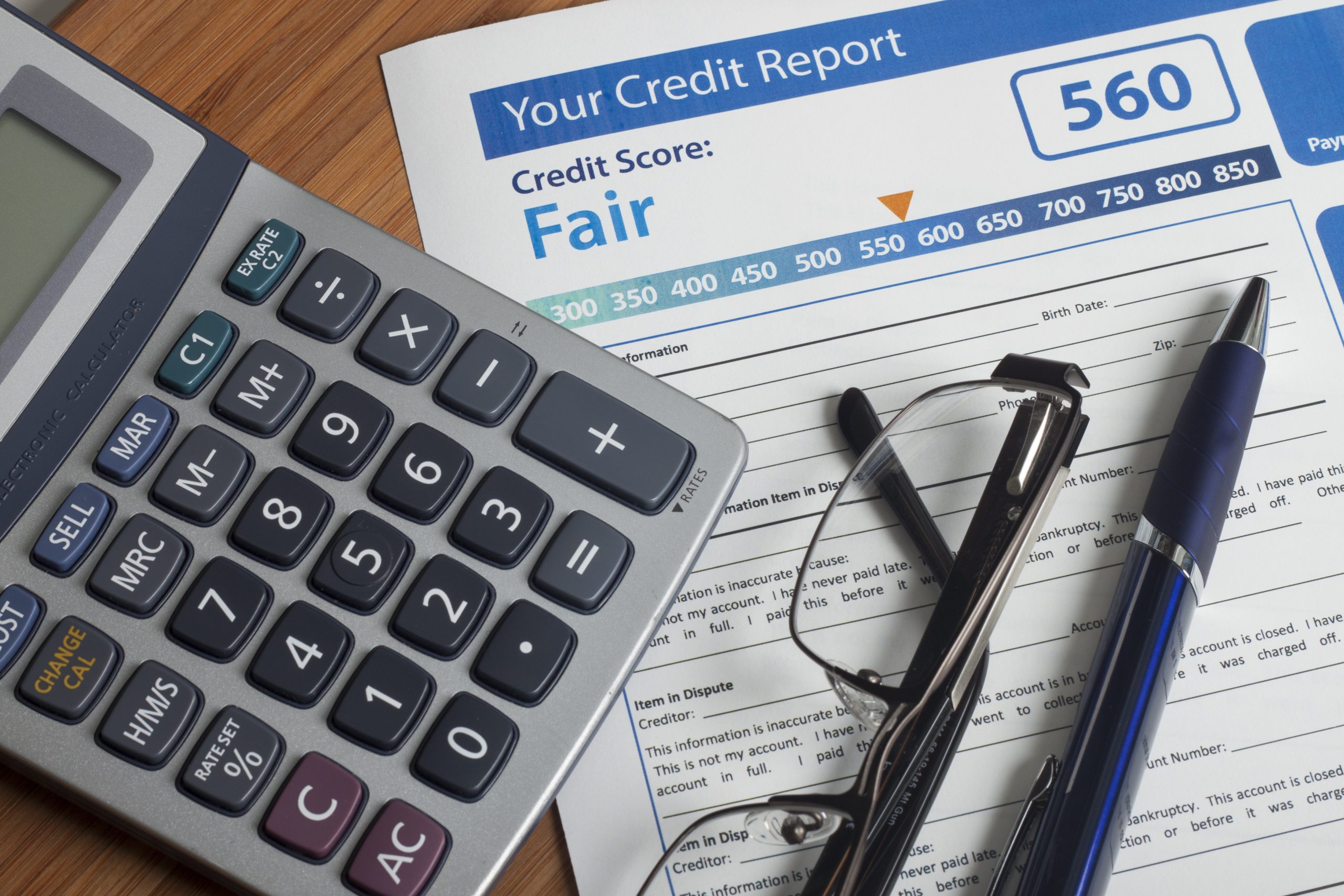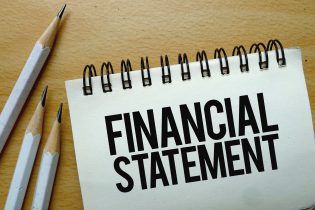Does an Adjustable-Rate Mortgage Make Sense in This Market?

If you are looking to buy a home in NYC, then there are a ton of factors to consider. What neighborhood do you want? Co-op, condo, or townhome? These questions can be exciting, but before you get to the fun part, you will need to sort out one of the big, unavoidable questions: how will you pay for your new home? Before you can make your home-owning dreams a reality, you will need to get approved for a home loan–a mortgage. But what kind of mortgage is right for you? Fixed rate? An adjustable-rate mortgage? And what makes the most sense in the NYC market right now?
On this page, we will walk you through everything you need to know about the different types of home loans, and give you some tips on deciding what mortgage you need to afford the NYC home of your dreams.
Table of Contents
What is an Adjustable-Rate Mortgage?

Adjustable-rate mortgages (ARM) are having a moment right now. Adjustable-rate mortgages make up 10% of the home loan application in the USA–the highest rate since 2008. So what are ARMs? What sets them apart from other types of home loans, and what kind of mortgage is right for you?
Adjustable-Rate Mortgage
All loans come with interest, and the rate of this interest can either be fixed, or variable. In an ARM, the interest rate on your home loan changes with the market. Usually there will be an initial period (either five, seven, or 10 years) in which your interest rate stays the same. After this, it will rise or fall with the housing market.
Because of the initial fixed rate, ARMs are particularly popular with homebuyers planning to stay only through the first five or 10 years before reselling.
Fixed Rate Mortgages
In addition to ARMs, there are also fixed-rate mortgages, or FRMs. These are the most common type of home loan, especially for homebuyers who plan to stay in the same house for the duration of their mortgage.
Benefits and Drawbacks of an Adjustable-Rate Mortgage

If you are considering what type of mortgage is right for you, think about these benefits and drawbacks while making your decision.
Pros of an ARM
The good thing about most ARMs is that they tend to start at a lower rate than their fixed-rate counterparts. This can lower the barrier for entry for struggling home buyers, including first-time buyers. In New York City, an already expensive real estate market made more so buy high taxes and fees, the lower interest rate on a home loan offered by an ARM can be make or break.
Also, even though you are taking on more risk with an ARM, you are not totally unprotected in case the market raises your interest rates past what you can afford. Post-2008 housing crash, rate caps were put in place that protect borrowers who take out adjustable rate mortgages. These caps can limit the amount your interest rate goes up year after year after the initial fixed rate period, and can also cap the total interest rate, no matter the swings of the market.
Cons of an ARM
On the other hand, adjustable-rate mortgages can make it more difficult to afford your home in the long run. Your rate may go up after the initial fixed rate period, and can continue to change for the rest of your mortgage period. Budgeting may be more difficult, since you will need to account for this uncertainty.
How is the Market for Adjustable-Rate Mortgages?

This summer, the number of ARMs in the country jumped up to 10%. This is the highest rate in over a decade. So what is driving would-be home buyers to take out ARMs where they would not before? The market.
Right now, mortgage rates are high across the board. This is because of the Federal Reserve’s recent actions to raise rates in hopes of curbing inflation. And the higher the mortgage rates on FRMs, the more popular ARMs become.
Inflation’s Impact on the Housing Market
If you have turned on the news in the past year, or simply noticed the price hikes on everything from groceries to gas, then you know this: inflation is high. Costs are rising while supply struggles to keep up with demand.
The source of this inflation is likely a combination of factors, like the stimulus payments and supply chain disruptions we saw during the worst of the Covid-19 pandemic. However varied the causes, the effect is higher prices on all consumer goods–including new housing.
During the pandemic, cooped-up New Yorkers looking to upgrade their homes (and home offices) flooded the market with demand. These high prices were only made higher when the Federal Reserve decided to raise mortgage rates earlier this year.
The Fed’s Mortgage Rate Hike

The Federal Reserve, in an attempt to curb runaway inflation, hiked up the federal funds rate. This is the interest rate at which the Fed recommends banks trade amongst themselves.
Although this does not directly set the interest rate on home loans, banks use the federal funds rate as a guideline for what they should charge good borrowers. This rate is called the “prime rate,” and is usually the base interest rate on any personal loan, plus the surcharges determined by things like your credit score and the type of loan you are seeking.
So, how does this impact ARMs?
Is Now the Right Time for an ARM?
Right now, if you go to a bank for a home loan, the interest rate you are offered will likely be high–around 7% or 8%, depending on the length of your mortgage. Because of the Fed’s mortgage rate hike, ARMs and 15-year FRMs are offering similar rates.
However, if the Fed lowers the federal funds rate in the future, those with FRMs will be stuck with their initial high interest rate, while those with ARMs can see a decrease in their rate. Since the mortgage rate is currently double what it was at the begging of 2022, this means that now may be the right time to go for an adjustable-rate mortgage instead of a fixed-rate mortgage.
We do not know when exactly the interest rates will go down. But with what we do know right now, an ARM may be the more affordable option for many NYC home buyers.
How to Get an Adjustable-Rate Mortgage

If you want to buy a home right now, then you may want to apply for an ARM to get the best bang for your buck. So, how do you go about getting one? In this section, we will walk you through what you need to apply for an adjustable-rate mortgage in NYC.
Check Your Credit Score
First, you need to have a good credit score. Most lenders require a score of at least 620, and this is the same as if you were applying for a fixed-rate mortgage. If your score is too low, there are ways to raise it before you apply.
Check Your Debt to Income Ratio (DIR)
Next, make sure that your debt to income ratio, or DIR, does not exceed 50%. This is the ratio between the amount of money you bring in and the amount you have to spend monthly on all of your debts–including your potential mortgage, as well as any credit card, medical, or student loan debt you may have.
If the adjustable-rate mortgage you want would push you over this threshold, that likely means that you cannot currently afford to buy that particular house. Together with your real estate agent, you can retool your budget to find a home that better fits your price range.
Check the Required Down Payment
Next, make sure that you can afford the down payment on the loan. Mosts ARMs require at least 5% down. If you are struggling with the down payment, consider looking into NYC’s HomeFirst Down Payment Assistance Program, which helps out first time home buyers in the city. Qualifying households can receive up to $100,000 towards their down payment.
Prepare Your Documents
Finally, you need to collect the documents and disclosures your bank needs to issue you an ARM. This includes proof of income and employment, as well as any other relevant financial statements. The disclosures are the final legal documents you will receive before closing on the loan, and they outline the terms of the loan as well as any other information you need such as agreed upon fees. You will have three days to review this information and have it corrected before you must turn it in.
Once all of this is completed, then you will have your adjustable-rate mortgage!
Close on the Home of Your Dreams

With an adjustable-rate mortgage, you can afford a great home in NYC at a lower interest rate than if you had a fixed-rate mortgage. This opens up your budget and helps you and your real estate agent find the best property for your money. Right now is the time to start looking into how an ARM can work for you.
Get started at NewDevRev by speaking to one of our NYC real estate experts today!
- Categories:




